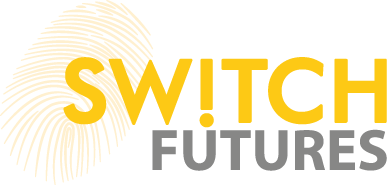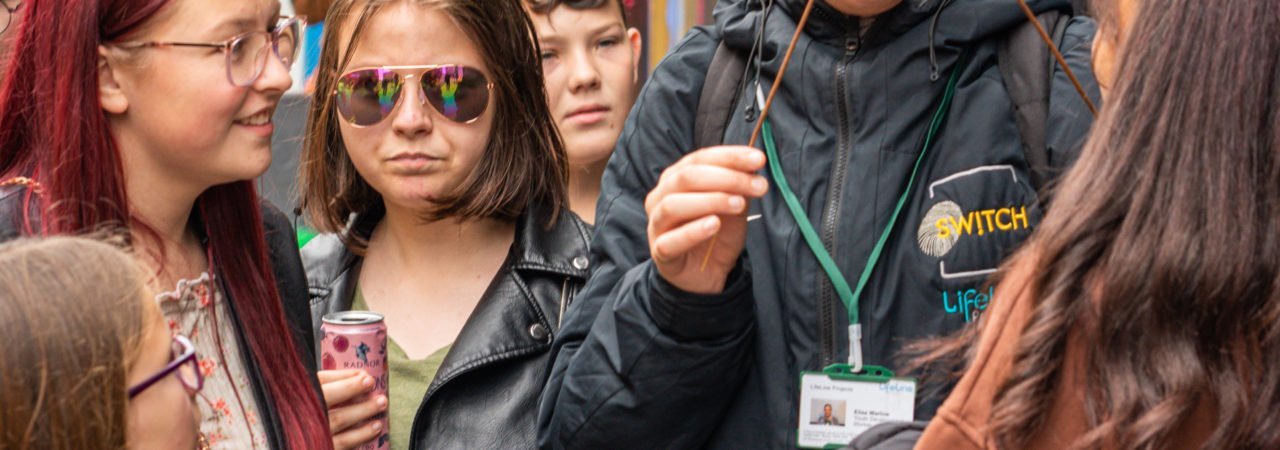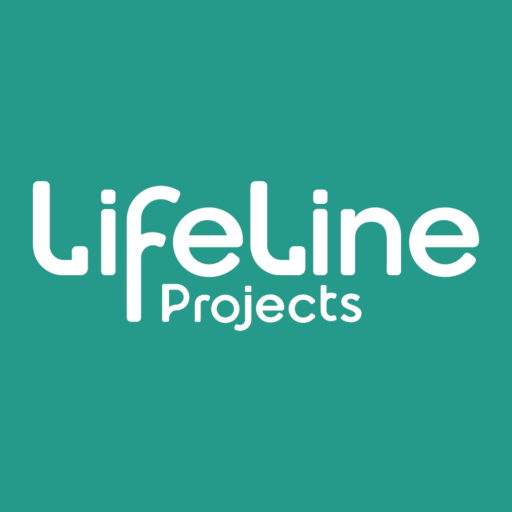We’re very excited to announce that LifeLine Projects has recently been awarded £500,000 from the Mayor of London’s New Deal for Young People fund to deliver our award-winning SW!TCH mentoring programme to schools across Barking and Dagenham, Havering, and Redbridge for the next two years.


The New Deal for Young People fund is part of the Mayor of London’s Recovery Programme, which is designed to support Londoners most affected by the pandemic and to challenge equalities where they are found. The aim for the New Deal for Young People is that all young Londoners in need will have access to their own personal mentor as well as high quality and local youth activities by 2024. This is a cause that we are very committed to here at LifeLine.
What we're doing
In order to help meet these aims, our SW!TCH Futures team will be working with young people aged 12-18 who are considered at-risk in regard to serious youth violence, mental ill-health and/or school exclusion. We work with 120 young people each year, who will receive weekly one-to-one mentoring sessions throughout the school year. Sessions are shaped by input from the mentee, to ensure they have agency in their own future, and guided by an individual learning plan, tailored to each mentee’s own needs and challenges, outlining their path to a better future.
Our team will also be running three positive activities per week during term time. These will be held during the ‘lost hours’—the time between school ending and parents arriving home from work—where there is a significant spike recorded in youth violence and anti-social behaviour. A wide range of activities will be offered, including both physical, such as sports and exercise, and cultural, such as art and music, pursuits to ensure all young people can find something they’re interested in. Outside of term time, we’ll be still providing weekly activities, as well as group trips, to ensure the young people keep active and engaged and are able to keep building friendships with each other.
We will also be partnering with StreetGames, who will be delivering a programme of capacity-building activities to 50 organisations working with young people, with the goal of improving mentoring quality and outcomes for young people. This will be achieved through a bespoke training programme of training courses and workshops, along with monthly clinics to provide direct support and regular fundraising clinics to help organisations grow.
Why we're doing it
LifeLine currently works with 600 young people each year, with 400 receiving one-to-one mentoring. Through this work, we’ve seen that 12-18 year olds are the most in-need of support, having to deal with difficult life transitions and developmental challenges, with many have multiple and complex needs. The biggest risk factors faced by our current cohorts include being at risk of school exclusion, being in a low-income family, having special educational needs or learning difficulties, and being know to social services. Adding to this—as we’ve discussed in the past—the COVID-19 pandemic has had a drastic effect on mental health for young people. All compounded, we’ve seen a rising number of young people with behavioural challenges and heightened anxiety as a result.
The areas we’re targeting for this work are ones of significant need—Barking and Dagenham is London’s most deprived borough, and both Redbridge and Having have significantly deprived neighbourhoods. Havering is also experiencing a violent crime rate notably higher than the national average, and Redbridge faces a grow number of young people being identified as having a probable mental disorder. We’ll be working closely with bodies in each borough—schools, the Police, the Health and Wellbeing Board, Adolescent Safeguarding Hubs, etc.—to build an integrated approach to meeting each area’s specific needs.





